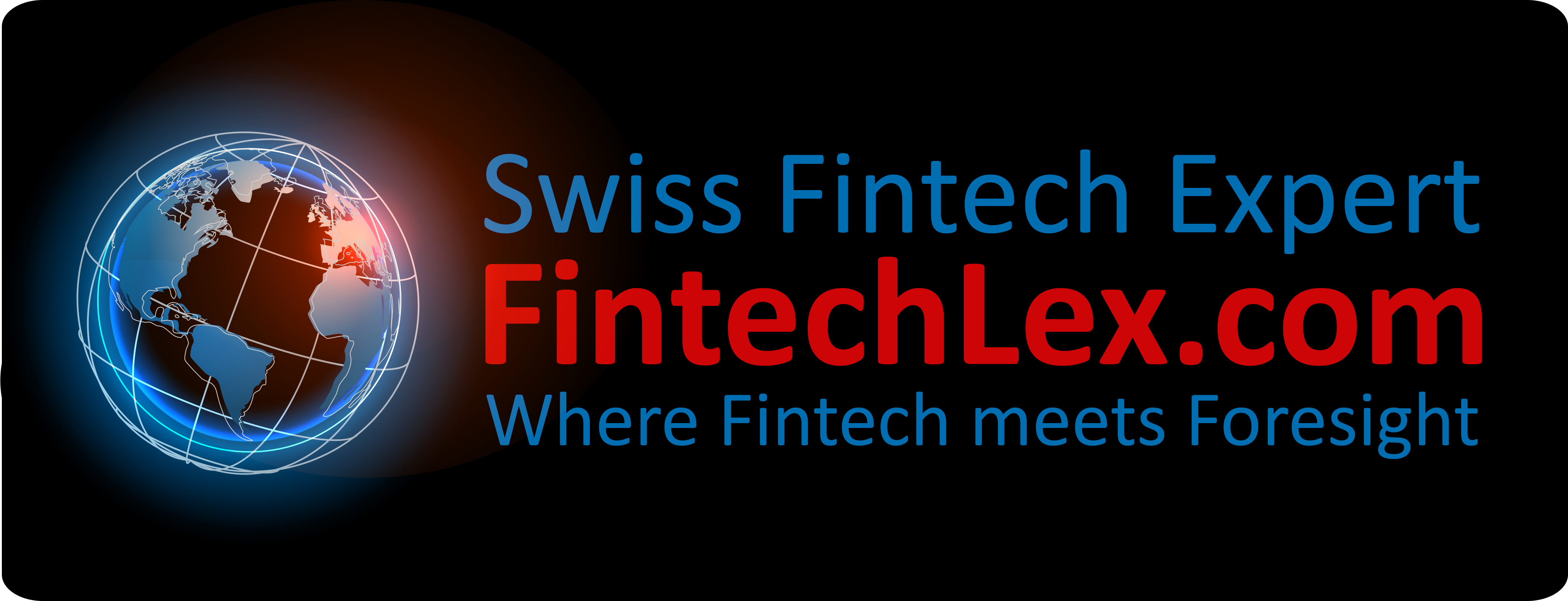SRO vs. Swiss LightBank-Fintech License for Crypto Businesses
When launching a crypto-related venture in Switzerland, one of the most crucial decisions is selecting the right regulatory framework. The two main options available are membership in a Self-Regulatory Organization (SRO) or pursuing a Swiss LightBank-Fintech License. A third option, the Swiss Foundation, is generally suitable only for Initial Coin Offering (ICO) projects.
For more details on Swiss Foundations in the context of ICOs please contact us insight@fintechlex.com
Both the SRO and the LightBank-Fintech License offer distinct advantages tailored to different project needs. Below, we explore the features and considerations to help you make the best choice for your business.
Key Features and Considerations
1. Setup Time and Cost
- SRO Membership: Quick setup (2–3 months) and cost-effective, with ready-made entities available starting at 140,000 CHF to 230,000 CHF depending of features.
- LightBank-Fintech License: Requires starting from scratch, with a longer setup time of 8–10 months and higher costs.
2. Purpose and Scope
- SRO Membership: Best for overseeing non-banking financial intermediaries, particularly small to medium enterprises offering financial services but not managing significant public deposits.
- LightBank-Fintech License: Designed to foster innovation by allowing smaller financial institutions to handle public deposits up to 100 million CHF, though these funds cannot earn interest or be invested.
3. Regulatory Authority
- SRO Membership: Indirectly supervised by FINMA through recognized SROs.
- LightBank-Fintech License: Directly regulated by FINMA, offering enhanced credibility and oversight.
4. Activities and Services
Both options support a range of financial and crypto-related services, including:
- Trading, exchange, and brokerage.
- Custodial and non-custodial wallet services.
- Staking services (online and offline).
- Crypto or fiat payment solutions.
- Crypto asset collateralized loans and staking-backed loans.
Additional Capabilities:
- SRO Membership: May allow certain activities depending on the specific SRO rules, but issuing IBANs or electronic money is not standard.
- LightBank-Fintech License: Includes issuing IBANs, e-money services, and encourages innovative financial products, particularly in fintech and crypto.
5. Deposit Handling
- SRO Membership: Limited involvement in fiat deposits; can hold client funds in connection with exchange transactions. Crypto asset handling is unlimited.
- LightBank-Fintech License: Accepts public deposits up to 100 million CHF, while also allowing unlimited handling of crypto assets.
6. Licensing Requirements
- SRO Membership: Adheres to anti-money laundering regulations and specific SRO rules.
- LightBank-Fintech License: Requires strict compliance with FINMA’s regulatory framework, with a focus on safeguarding customer deposits.
Decision Factors
- Scale of Operations
- If managing significant public deposits, the LightBank-Fintech License is more suitable.
- Time to Market
- For faster market entry, SRO Membership is advantageous.
- Credibility and Long-term Goals
- Projects aiming for greater credibility and the potential to evolve into traditional banking services benefit from the LightBank-Fintech License.
- Cost Efficiency
- SRO Membership has lower initial and ongoing costs compared to the LightBank-Fintech License.
Conclusion
Selecting between an SRO Membership and a Swiss LightBank-Fintech License depends on your project’s scale, objectives, and regulatory requirements. While the SRO option provides speed and affordability, the LightBank-Fintech License offers greater credibility and capacity for handling public deposits.
For tailored advice on choosing the right regulatory path for your crypto business, feel free to reach out to us at insight@fintechlex.com.




